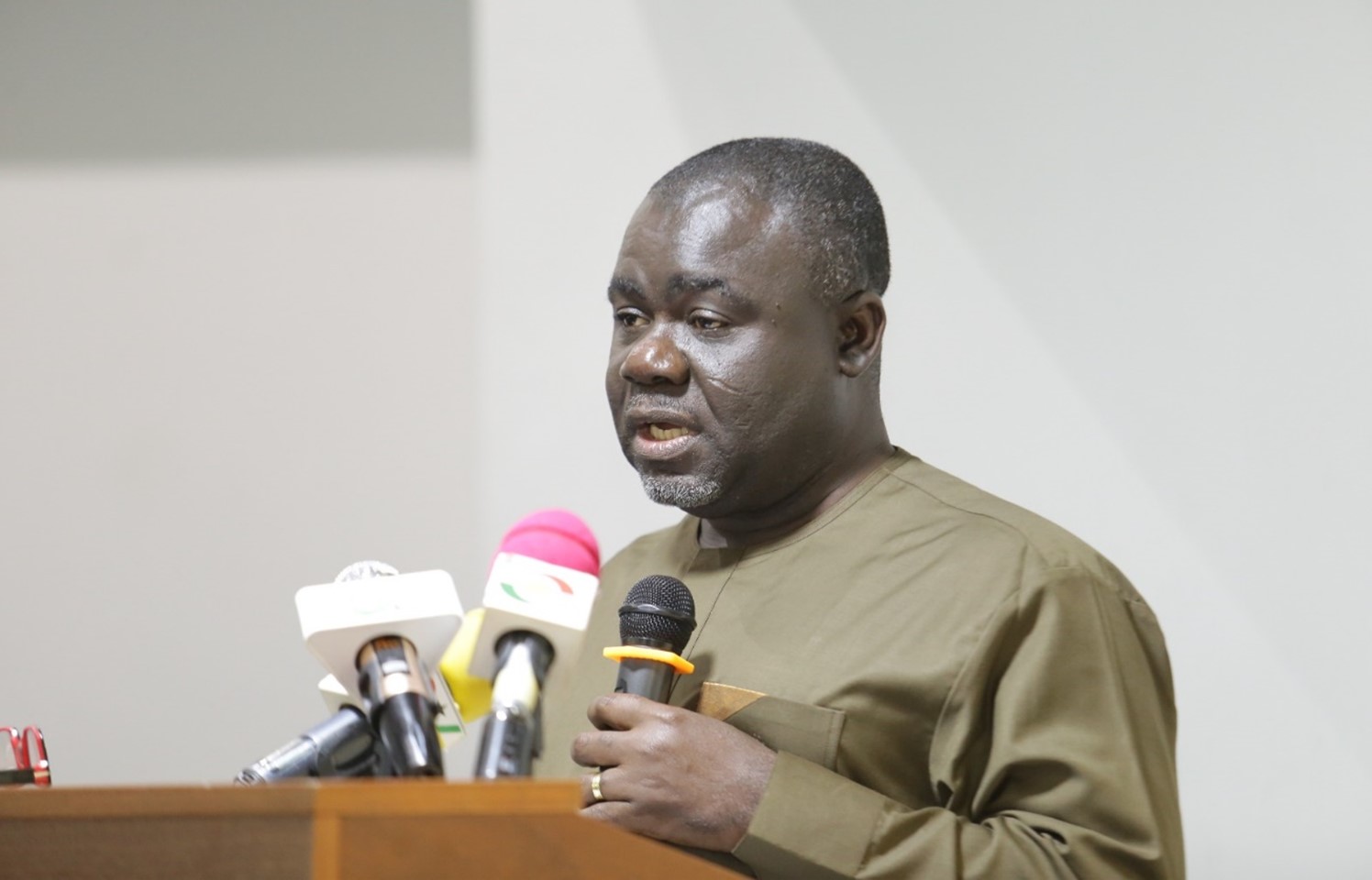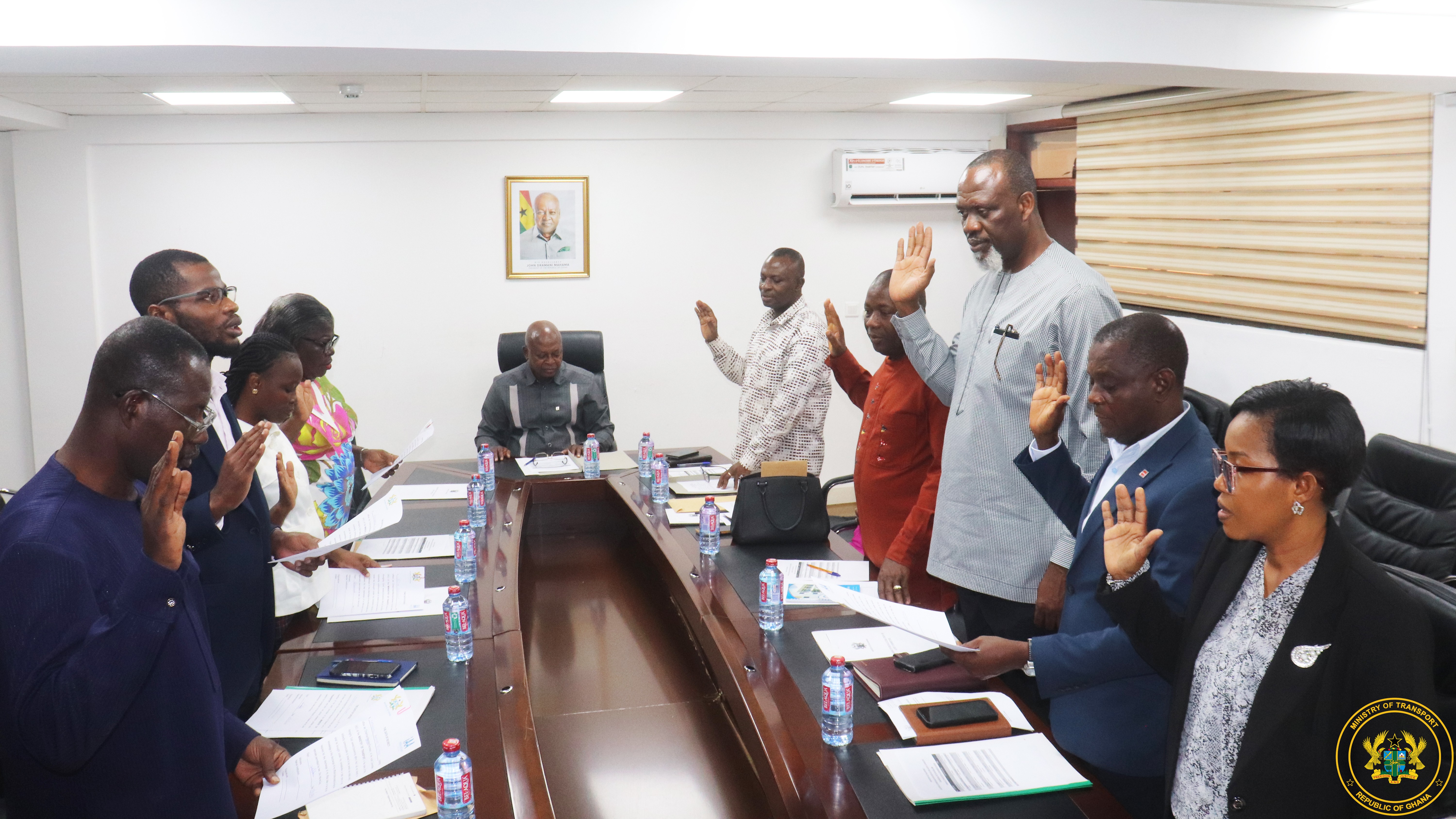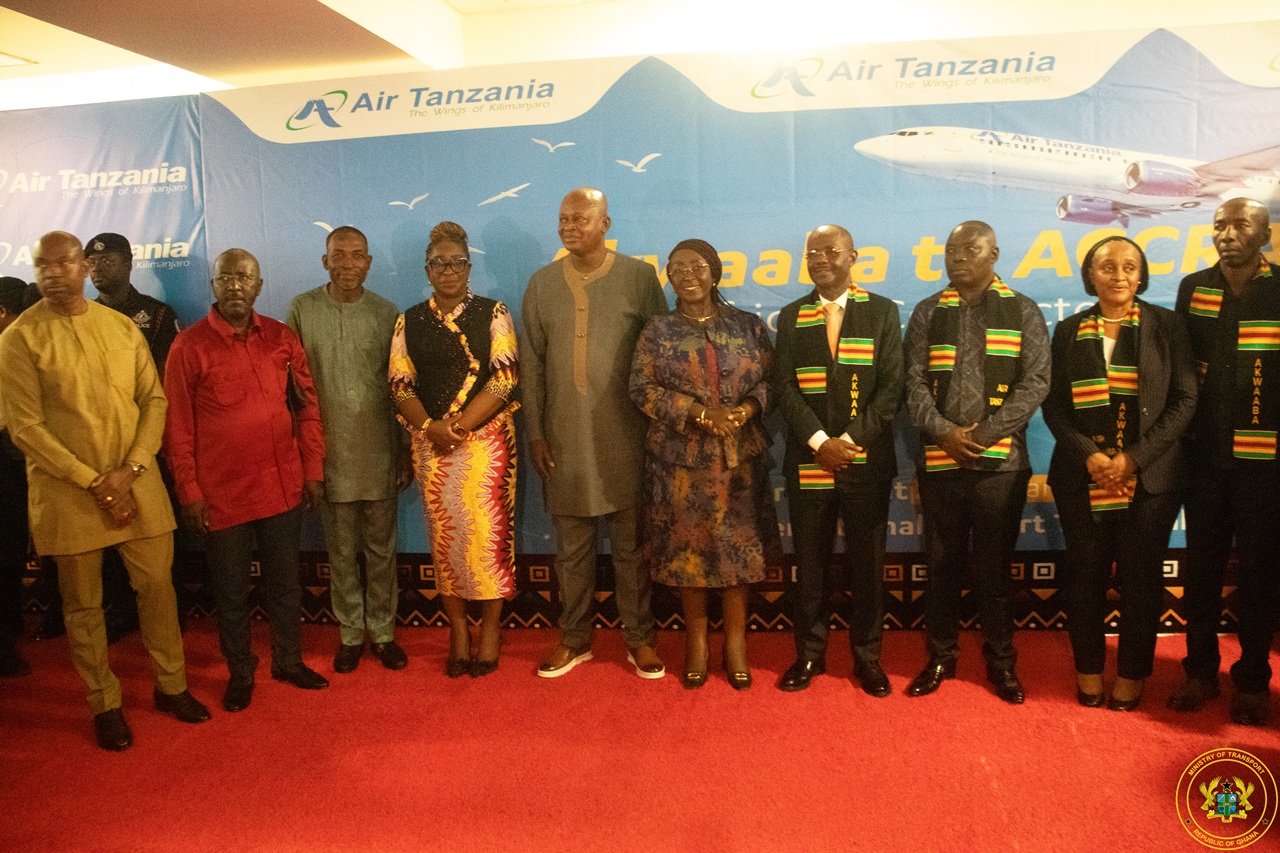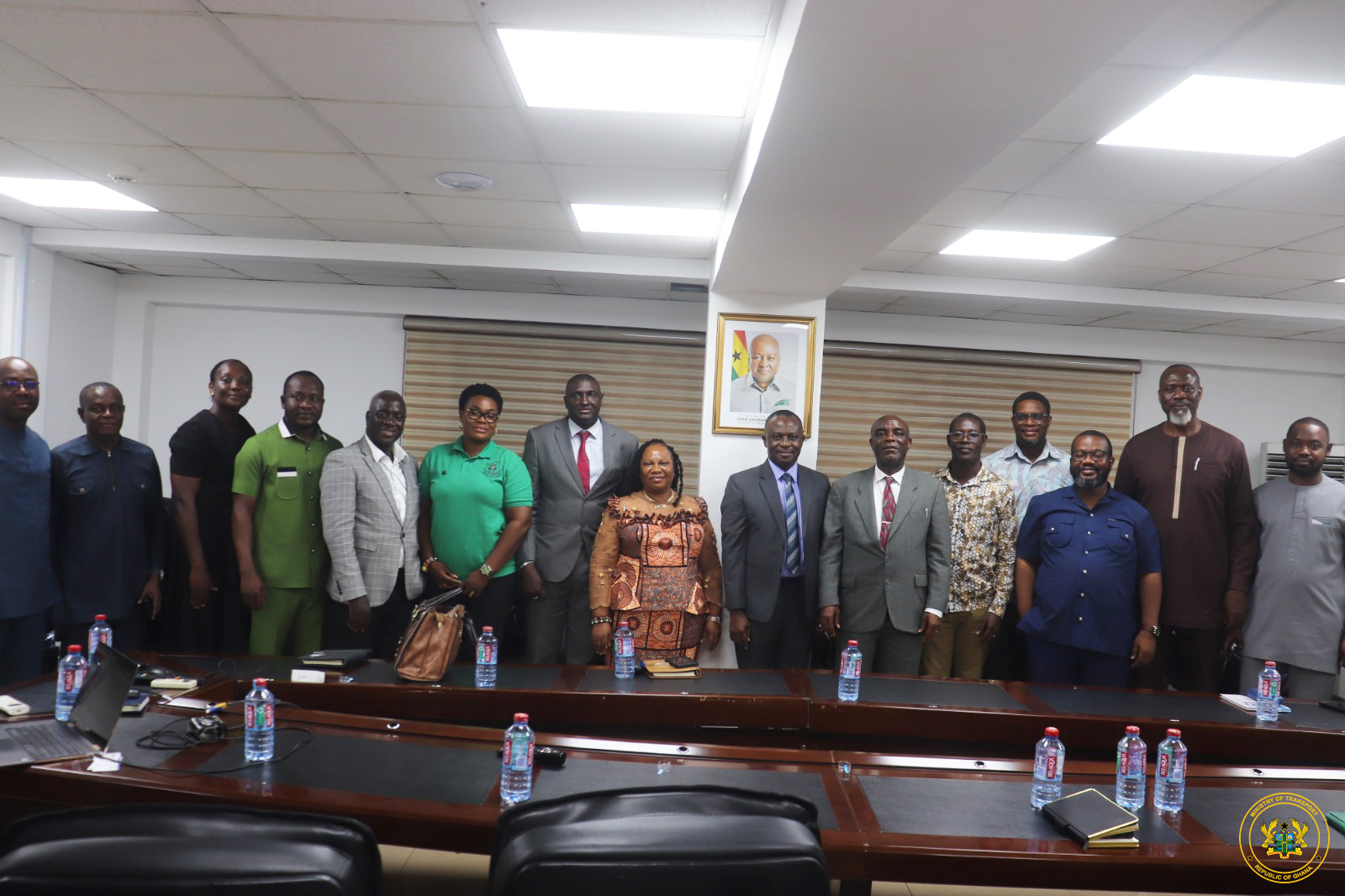The Minister for Transport, Hon. Kwaku Ofori Asiamah, has said, that the shipping industry plays a vital role in global trade, connecting countries and supporting economic growth. However, as much as shipping empowers the global economy, it is also responsible for about 2.5% of global greenhouse gas (GHG) emissions which is projected to increase unless mitigation measures are taken.
He noted there was a growing consensus that reducing shipping's carbon footprint was vital for the health of the planet and therefore applauded the efforts that the International Maritime Organization (IMO) and other organizations were undertaking to support the transition to low-carbon shipping practices.
The Minister made these remarks when he delivered the keynote address at the Association of African Maritime Administrations (AAMA) Conference on Low-Carbon Shipping in Africa at Mombasa, Kenya, which discussed the Decarbonization of Maritime Transportation and its associated potential opportunities for the African Continent and the world at large.
The Minister stated he was happy to learn that the Conference would build on progress made at the Green Shipping Conference held in Accra early this year under the auspices of the Ghana Maritime Authority, the Danish Maritime Authority, and the International Maritime Organization.
He said that the commitment, effort, and unwavering support of the IMO to the cause of green transition for Africa was commendable and a demonstration of the passion of the IMO Secretary-General for Green Shipping, hence his attendance at the Green Shipping Conference in Accra as well as many other conferences on the Continent.
“Indeed, the Accra Conference was the first-ever Green Shipping Conference organized in the African Region. This attests to the fact that IMO is ready to facilitate Africa’s transition to Zero-Emission Shipping”, he added.
Hon. Ofori Asiamah mentioned that, for several decades the maritime industry had employed heavy fuels to move large volumes of cargo which had contributed significantly to the release of Greenhouse Gases (GHG) into the atmosphere thereby destroying the environment. In view of the global attempt to slow down Greenhouse Gas emissions from all activities, shipping must also embrace decarbonization and innovative technology including automation to reduce its carbon footprint.
The reduction of Shipping’s carbon footprint, he said, will require tremendous changes in how ships are designed, built, and operated as well as the need for training and education of Crew to operate these new vessels.
The Conference in Ghana, he reiterated, made significant strides as representatives from seventeen (17) African countries were in agreement that an ambitious decarbonization goal for International Shipping was vital for the industry to play its role effectively in achieving the Paris Agreement.
Additionally, he mentioned that the Conference unanimously agreed that the decarbonization drive should be led by the global shipping regulator which was the IMO. It was therefore important, he stated, that, the IMO should ensure Regulations that were just and equitable taking into consideration the peculiar needs of developing countries including the Least Developed Countries (LDCs) as well as Small Island Developing States (SIDS) who contribute less to the climate crisis but are impacted most by these developments in the industry.
The Minister made it known that there was a general consensus that decarbonization of the industry could be made possible by 2050 provided that support such as capacity development, concerted Partnerships and funding mechanisms were made available.
He said, despite the encouragement for African Countries during the Accra Conference to take a keen interest in the development of Regulations at the IMO, the Inter-sessional Working Group on Greenhouse Gases saw a decline in African States participating in the meeting.
"I therefore want to use this opportunity to urge all African IMO Member States who fall in the category of LDCs and SIDS to take advantage of this offer and participate accordingly", he reiterated.
The Association of African Maritime Administration (AAMA) which is the coordinating body for Maritime Administrations in Africa, he noted, has as part of its functions to promote the development of Africa’s Maritime Regulatory and Environment Framework, promote the sharing of best practices among Africa’s Maritime Administrations to enable the growth of the African Maritime Sector and also enhance continental collaboration to build consensus on issues of common interests.
He urged the AAMA to also take particular interest in deliberations at the IMO leading to the adoption of International Maritime Instruments and was certain that the Association was more than capable of coordinating and articulating the voice of Africa at the IMO.
The Minister made it known that he was confident that Africa could contribute immensely to global climate action on the Decarbonization Agenda. With its young and growing workforce and natural resources, the Continent he added, had the potential of contributing to the global efforts to mitigate the effects of climate change, while creating new economic opportunities for the Continent.
Hon. Ofori Asiamah further noted there was no better time than now for the world to take steps to reduce Greenhouse Gases as the amount of carbon dioxide in the atmosphere continued to rise. Several countries, he said, had already pledged to slow down global warming through the Paris Agreement. The need for an ambitious strategy had therefore come at an opportune time and everybody needed to take full advantage of it.
He thanked all Development Partners for the keen interest shown in seeing to Africa’s transition to cleaner fuels for Shipping and hoped that the necessary resources required to support African countries would be made available.
He further urged member states to continue to support the IMO Climate Change Action and encouraged the African Maritime Administrations to get involved with the work of the IMO by participating in upcoming working group Meetings to make meaningful contributions towards the realization of the Decarbonization Agenda.














